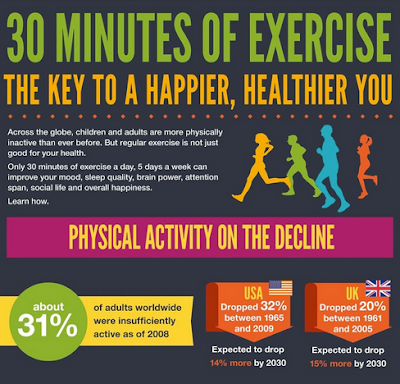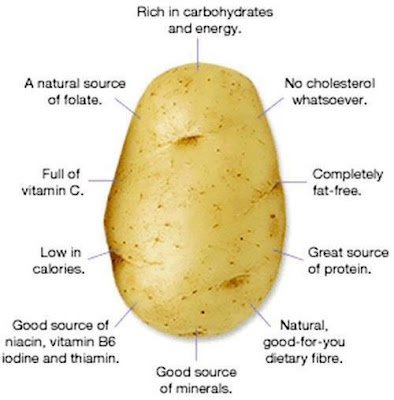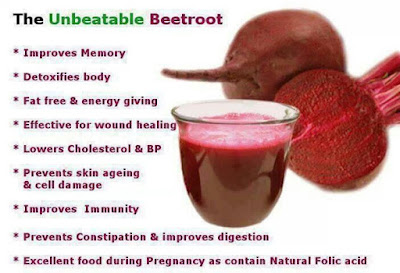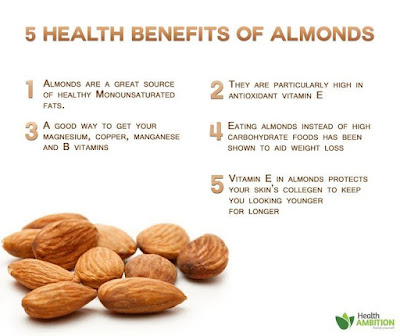24 Awesome health Benefits of Exercise in daily life
Exercising provides a plethora of benefits, whether it's a trim figure or healthy heart. Here are 24 great reasons to get in shape. Here are 24 proven benefits of regular, moderate activity.
Look Good
Burns Fat: Assists in weight loss as well as in maintaining a healthy body weight. Improves skin tone and elasticity: The more efficient blood circulation in a fit body is better able to deliver nutrients to the skin cells and remove waste. Promotes a younger, healthier body: Regular physical activity assists in slowing the aging process.
Feel Good
Improves muscular strength, power and endurance: People with more muscle mass also have a faster metabolism, which means they feel more energetic and are more efficient at burning calories. Stronger core muscles (mid-body) can also reduce the likelihood or frequency of backaches. Reduces stress: Exercise improves psychological well-being. Those with improved levels of fitness are able to manage stress more effectively than those who are less fit. Improves mood: Studies show that even a single 20- to 60-minute exercise session increases positive feelings, while also decreasing negative moods. Alleviates depression: People diagnosed with depression found exercise was the most important element in their treatment programs. The antidepressant effects of regular exercise are noticeable after four to 17 weeks. Decreases anxiety: Anxiety is defined as “distress or uneasiness of mind caused by fear of danger or misfortune.” Exercise (mostly aerobic-based) has been shown to reduce anxiety; even short bursts of five minutes of cardiovascular exercise stimulate anti-anxiety effects. Those who train for 10 to 15 weeks see the greatest benefit. Improves self-esteem and confidence: Reaching a fitness goal, improving our fitness level, changing our appearance, mastering a skill in a sport, or even just completing an exercise session all contribute to improving self-esteem. Helps with pain tolerance: Exercise raises the level of endorphins (the body’s natural painkillers), which can help lessen pain from menstrual cramps and even arthritis. Improves flexibility: Stretching exercises help elongate muscles, promoting flexibility. Stretching hamstring muscles helps reduce backache. Helps relieve constipation: Physical activity helps facilitate the process of food moving through the intestines. Increases energy: Exercise promotes a faster metabolism and increased oxygen circulation, making you feel more energetic. Improves sleep: Exercise enhances the ability to fall asleep easily and sleep more deeply, allowing you to wake feeling refreshed. Strengthens the immune system: Exercise improves overall health making us less likely to become ill.
Live Better (and Longer)
Prevents diabetes and insulin sensitivity: Regular aerobic exercise increases insulin sensitivity and glucose metabolism, which means more efficient delivery of glucose into the cells of the liver, muscle and fatty tissue. Reduces hypertension: Moderate intensity aerobic exercise, done for as little as 30 minutes, three to five times weekly, is effective in lowering blood pressure. Lowers blood cholesterol and triglycerides. Strengthens heart and lungs: Physical activity improves heart and lung strength and endurance, dramatically lowering the risk of cardiovascular disease and stroke. Balances body fats: Physical activity plays an important role in ensuring a healthy balance of these fats in the blood. Lowers the risk of several types of cancer: Moderate to vigorous physical activity has a protective effect against colon, breast, lung and multiple myeloma cancers. Reduces the risk of osteoporosis: Resistance training and weight-bearing exercises stimulate bone growth by promoting the necessary stimulus for bone formation. Lowers arthritis risk: Regular physical activity protects joints and lubricates them to help avoid injuries and chronic pain. It can also lessen the frequency and intensity of arthritic attacks. Keeps your brain young: Reduces the risk of dementia and Alzheimer’s and improves overall cognitive abilities. Exercise helps deliver oxygen and other nutrients to the brain, improving the mind’s ability to concentrate and retain information. Allows for easier pregnancy and childbirth: Deep breathing during exercise delivers more oxygen-rich blood to the uterus, promoting relaxation in that area. Stronger and more flexible muscles assist with an easier delivery and quicker recovery.


















